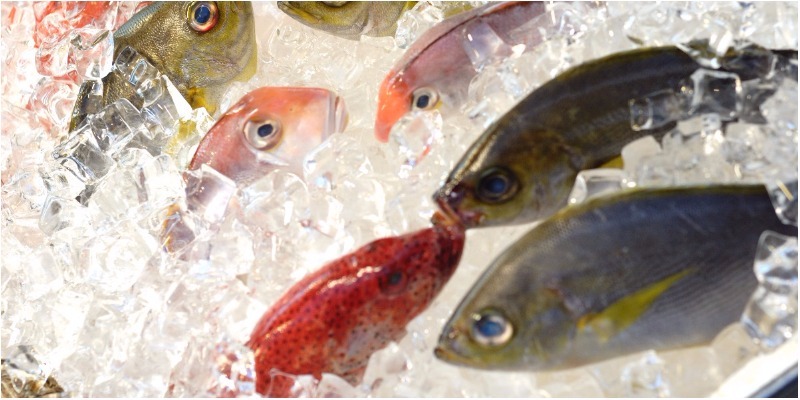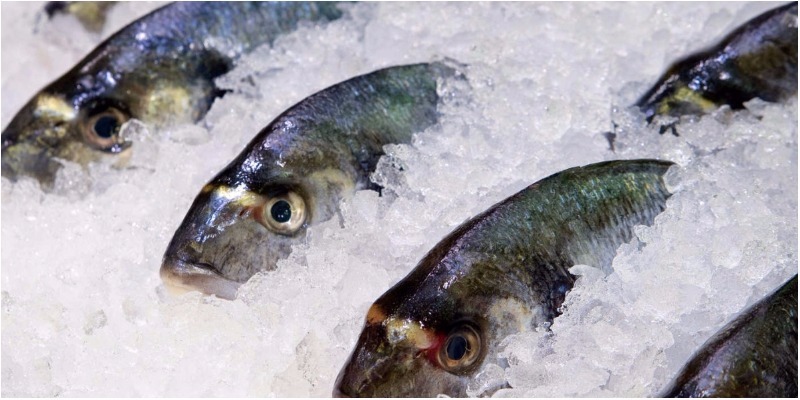Proper Storage for Optimal Freshness
According to experts, if fresh fish can be stored for 2-3 days, it can also be frozen for up to 4-6 months without compromising its quality.
Researchers in Norway have identified three key factors that help ensure frozen fish retains its nutritional value and is just as good as fresh fish:
+ Freeze the fish immediately after it’s caught.
+ Maintain a consistent freezing temperature below 0°F (-18°C) without interruption until it’s time to thaw.
+ Thaw the fish completely before selling or cooking.
By following these guidelines, the fish will remain nutritious for up to 10 days after thawing.

Preserving Freshness
According to the FDA (US Food and Drug Administration), freezing fish immediately after catching it at a temperature of -7°C can prevent bacterial contamination.
It is recommended to purchase frozen fish from reputable brands or stores. This way, even if the fish was caught months ago, as long as it has been properly frozen and thawed, it will still taste fresh and delicious.

Food Safety Assurance
Frozen fish from reputable retailers and supermarkets is always stored at a temperature of -18°C and packaged using technically sound methods. This ensures that the fish is safe for consumption.

Nutritional Value of Frozen Fish
The freezing process does not significantly affect the nutritional content of fresh fish. Proteins, fats, and oil-soluble vitamins such as Vitamins A and D remain intact during freezing.
However, during the thawing process, some water-soluble vitamins and minerals may be lost.
Important Considerations When Using Frozen Fish
If you’re not planning to use the frozen fish right away, it’s best to keep it stored in the freezer.
Once thawed, do not refreeze the fish. Instead, cook it thoroughly and store any leftovers in the refrigerator, consuming them within one day.
To thaw the fish, place it in the refrigerator one day before you plan to cook it. Avoid soaking the fish directly in water. If you must use water to speed up the thawing process, keep the fish in its original packaging and submerge it in cold water. Do not thaw the fish in hot water.

With this information, you can feel confident that the frozen fish you purchase is just as nutritious and delicious as fresh fish, making it a great option for your daily meals.
8 Common Mistakes People Make with Cutting Boards
Are you using your cutting board correctly? Many Vietnamese households rely on cutting boards in their kitchen, but not everyone knows how to use them properly, especially when it comes to wooden cutting boards. Check out these 8 mistakes to avoid when using a cutting board to ensure both hygiene and safety for everyone in your family.





































